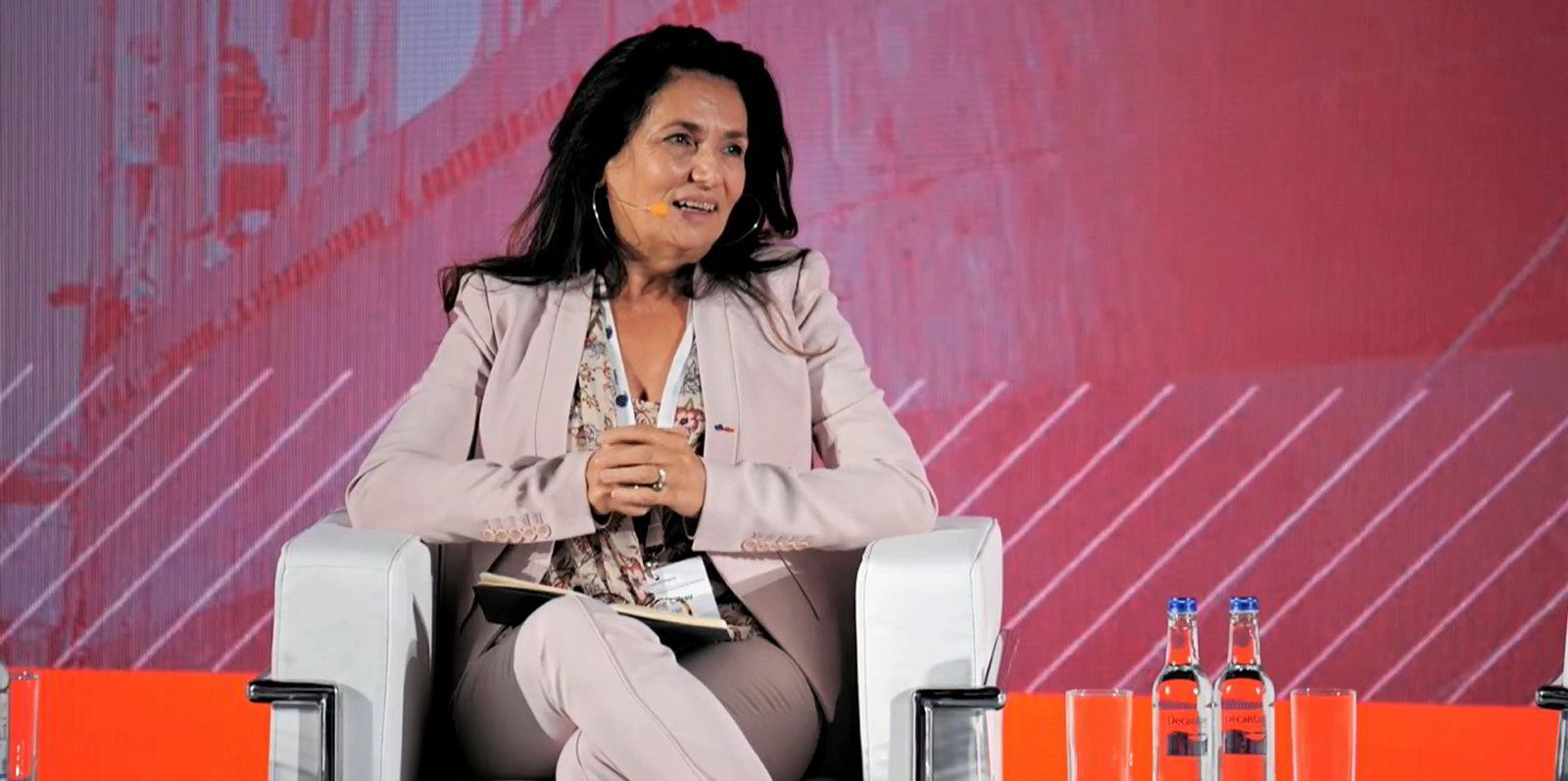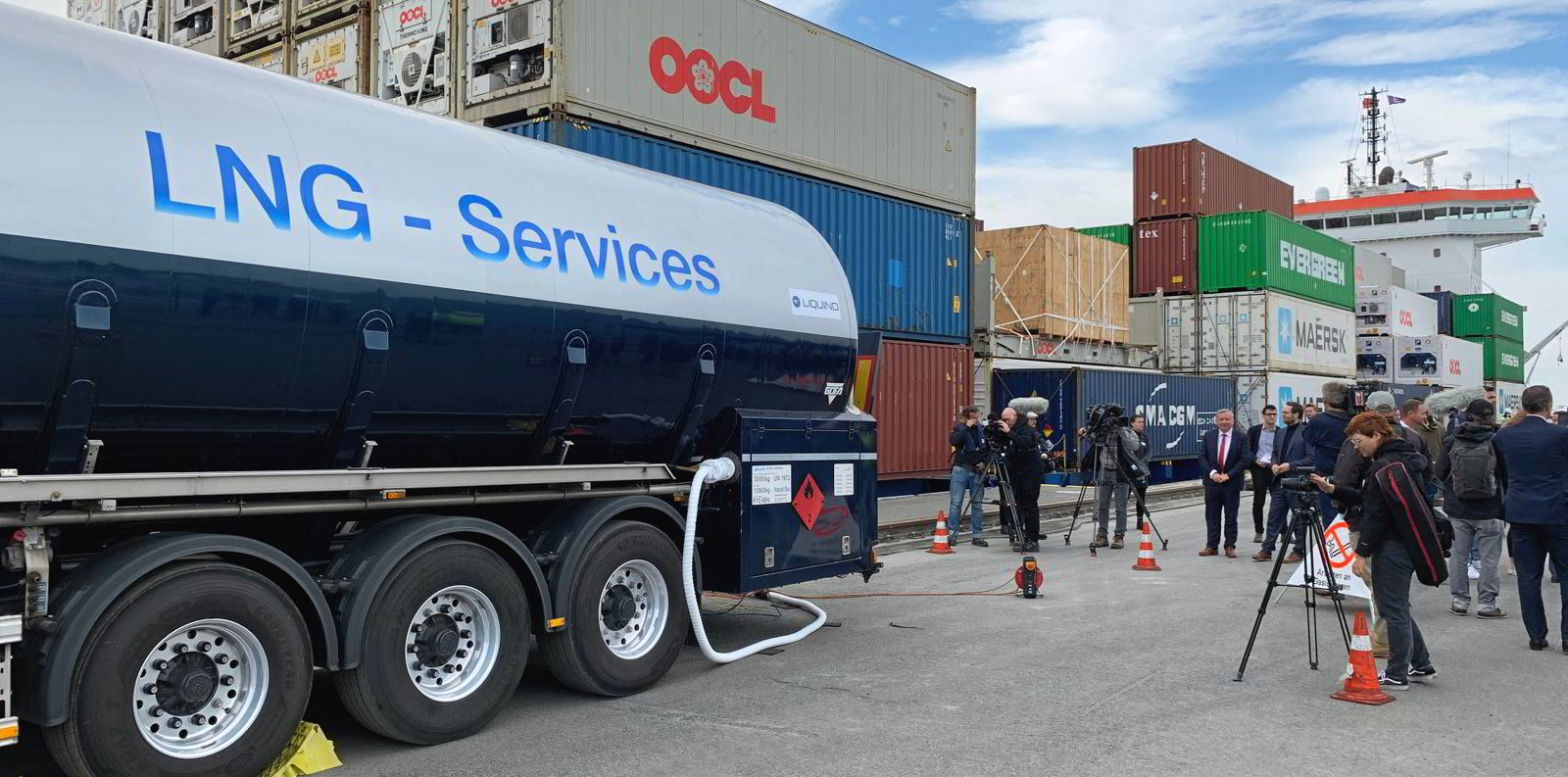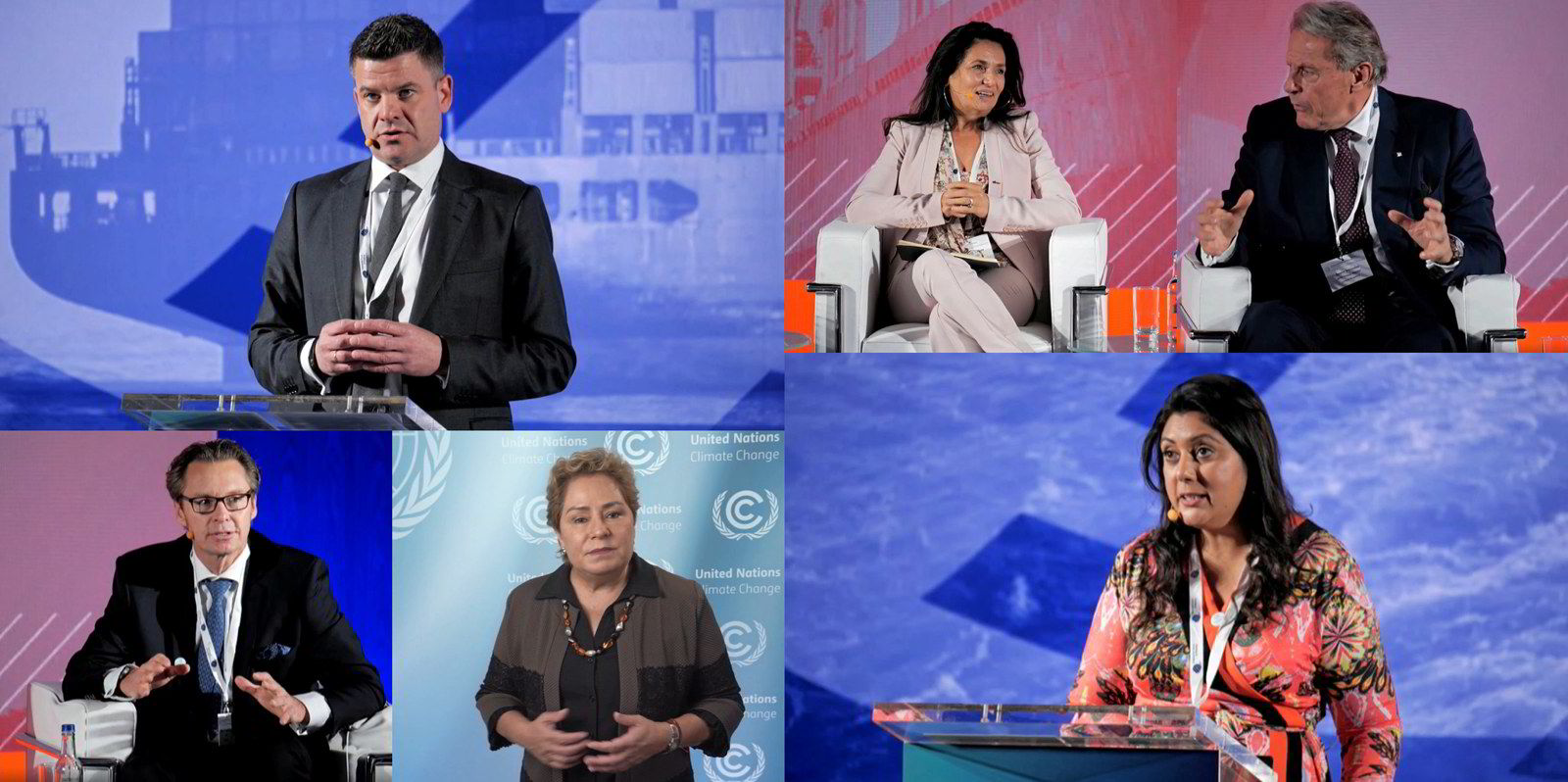Industry coalition SEA-LNG believes the Global Methane Pledge unveiled at the COP26 meeting in Glasgow is "positive news" for LNG as a marine fuel.
The body said on Wednesday that the pledge is yet another step towards the recognition of the importance for measurement of greenhouse gas (GHG) emissions from all marine fuels on a well-to-wake (WtW) basis.
It indicated this should include CO2, methane and nitrous oxides.
"Comprehensive WtW measurement is the only way to accurately compare the viability of future fuels in a decarbonised shipping industry," it said.
SEA-LNG argues that: "... stronger regulation of methane emissions should create more certainty for the shipping industry regarding LNG's positive emissions benefits."
Its comments come as other shipowners declare that LNG does not offer a credible pathway to decarbonise shipping.
In its statement SEA-LNG detailed that efforts are already being made by engine manufacturers and LNG bunker fuel suppliers to cut methane slip and fugitive emissions in the LNG supply chain.
It said the latest engine technologies already have virtually no methane slip.
"Where methane slip still exists, engine manufacturers and fuel suppliers are accelerating their technological developments to address these issues and satisfy the signatories to the pledge," it added.
SEA-LNG referenced its research with ESG consultant Sphera covering the use of LNG in the shipping industry which identified very limited methane slip in the most common high-pressure 2-stroke slow-speed engines used in the industry today.
"It is anticipated that as this work continues, methane slip will be negligible in all marine engine types by the end of the 2020s."
SEA-LNG chairman Peter Keller said: "The pledge to reduce GHG emissions, including methane, by 2030 presents a challenge for the shipping industry but it is a target we are confident can be met.
"Due to the scale and breadth of international shipping, a basket of fuels, as exists today, will continue to be necessary for shipping to achieve a net zero target."
The body said bio-LNG and later renewable synthetic-LNG will drive decarbonisation to deliver a net-zero fuel for LNG-fuelled vessels.
Until then, bio-LNG as a drop in fuel will offer significant GHG emission reductions beyond what LNG already delivers today, up to 23% on a WtW basis.
Keller concluded: "As we look to the future, methane reduction coupled with the growth of bioLNG products followed by the introduction of renewable synthetic LNG will be capable of providing the air quality and carbon free future we all see as essential."







